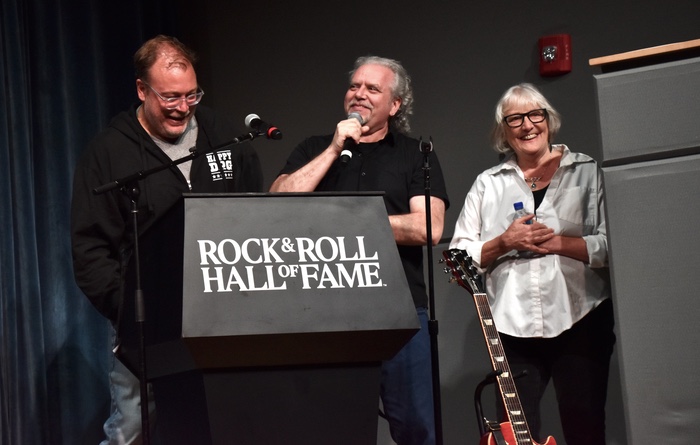
Last fall, a group of area music-related businesses and organizations took the temperature of the local music scene with the Greater Cleveland Music Census — a community-led initiative to gather information to better understand the needs of the Cleveland-area music community and make more informed, data-driven decisions to support the area’s music scene. It asked people working in any aspect of the area music community, full or part time, to answer specific questions about their work and their perceptions, including demographics, occupation types and diversity.
The leaders of the initiative said, “The survey is open to EVERYONE in the live entertainment ecosystem — the creatives, the presenters and all of the other professionals that support live entertainment. In addition to music, this survey is intended to capture comedy, spoken word and burlesque performers — all of the folks you see on our local stages throughout the year.”
The results were collected, collated and analyzed, and on Thursday August 29, the key groups behind the census, the nonprofit Cleveland Rocks: Past, Present, Future (CRPPF) and the Cleveland Independent Venue Association (CIVA)shared them at a public event at the Rock Hall. Speakers included Rock Hall Vice President of Education and Visitor Engagement Jason Hanley; the two key drivers of the census, Beachland Ballroom owner and founder of the musician-supporting nonprofit Cleveland Rocks: Past Present Future Cindy Barber, and Happy Dog owner Sean Watterson who is on the board of CIVA’s parent organization the National Independent Venue Association (NIVA); county executive Chris Ronayne; and state senator Kent Smith.
They revealed that 2,768 surveys were received from across the spectrum of genres — classical music to hip hop — from respondents in the designated region which included Cuyahoga, Lake, Ashtabula, Geauga, Lorain and Medina counties. That was the second largest number of responses of all the cities participating in such surveys, administered by Austin-based Sound Music Cities, trailing only Nashville. That made it clear that the energy, engagement and interest is there to create a healthier and more supported music scene.
Overall respondents gave the area high marks for affordability and livability, while clearly wishing for more opportunities. Results were also broken down by categories such as race, age and sexual/gender identity. One of the most striking results was the more than three-quarters of the respondents would like to see a music commission to explore and advocate for ways to increase music activity in the area and support and provide resources and opportunities to musicians to help them further their careers. Ronayne spoke in support of the commission but at this point it’s unclear if it would be a county or a regional agency.
In addition, the venue owners emphasized the importance to the music infrastructure of supporting for-profit businesses such as clubs in addition to nonprofits, which has been an issue in the distribution of arts money. State senator Smith talked about introducing a bill to hold some of the liquor sales taxes from the small (under 3,000) independent venues to fund rebates to the venues. The Euclid Democrat is partnering with Mentor Republican Jamie Callender on the issue.
You can download the finished report and read all the details here.